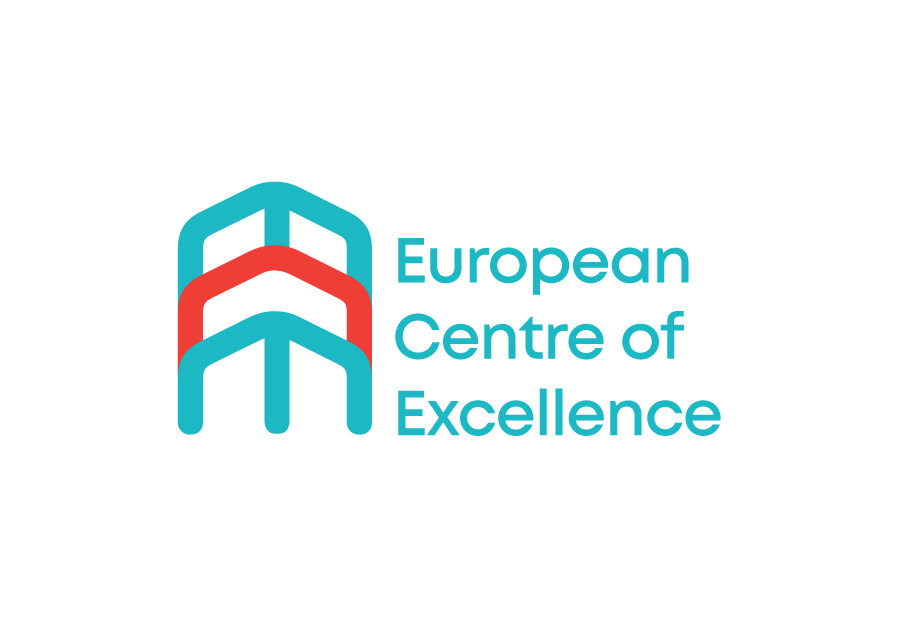“Long Story Short”: We must adapt, because AI Is already changing the world
Bojan Kordalov, Director of Policy and Communications, European Centre of Excellence (ECE Brussels)
This is a guest post by Bojan Kordalov, Senior Expert in Strategic communications, public affairs, and Digital/AI Literacy originally written for ITLogs.com. He has over 20 years of experience in EU visibility, public relations campaigns, and strategic consultancy. Bojan is currently serving as a Director for policy and communication at the European Centre of Excellence (ECE) in Brussels.
We no longer read the same way. We no longer learn the same way. And, perhaps most importantly, we no longer participate in society the same way.
From Instagram or TikTok reels and YouTube shorts to AI-generated responses and one-minute explainers, brevity is the new norm. Algorithms reward speed and simplicity. Social media platforms prioritise attention over reflection. And AI tools increasingly shape not only what we see, but also how we think.
Let’s face it: whether we accept it or not, the world has completely changed in the past 20 years – and even more rapidly in the last few years, largely influenced by AI.
This isn’t necessarily bad. In fact, it could be a turning point for better accessibility, faster learning, and more dynamic communication. But it also raises important questions: What are we gaining? What are we losing? And most importantly, are we preparing society to navigate this transformation responsibly and critically?
The Reality of now: The shift Is already here
We now consume news in headlines, learn in 60-second tutorials, follow work instructions from AI chatbots, engage politically through hashtags, and learn how to cook recipes from 30-second videos.
Students use ChatGPT to draft essays. Professionals turn to AI to write emails and strategies. Audiences expect speeches to be tweet-sized and digestible. We often ask AI to summarise long articles in just a few sentences.
The shift is not coming. It’s already here.
Pros and cons of the new Information era
Among the advantages are fast access to knowledge, greater inclusion for non-traditional learners, new forms of creativity and expression, and support for overwhelmed educators and professionals.
But there are also drawbacks: oversimplification of complex issues, declining attention spans, polarisation and disinformation, and a loss of depth in critical thinking.
We must acknowledge both. Denying the change won’t help. The real question is: How do we adapt?
What doesn’t work: Denial and nostalgia
Blaming technology is easy. Wishing for a pre-digital world is comfortable. But neither will prepare us for the future. We’ve already tried this approach and it hasn’t worked. The Earth has kept spinning, and evolution is an inevitable process.
Let’s not repeat the mistakes of the early social media era, where regulation and media/digital literacy arrived too late. The cost has been disinformation, polarisation, and a widespread erosion of public trust.
For example, during my recent work advising public institutions on digital communication strategies, we encountered deepfake videos targeting election candidates, highlighting how AI can rapidly distort public debate. Addressing these challenges required swift, cross-disciplinary action: implementing fact-checking measures, digital and AI literacy trainings for civil servants, as well as transparent and consistent communication protocols to restore public trust.
And now, with AI far more powerful than previous digital tools, its impact will be deeper and faster. Pretending we can opt out is not an option. That’s why AI literacy must be recognised as essential, alongside effective AI regulation.
Recent surveys confirm that a large majority of citizens support increased AI regulation and digital literacy, demonstrating a growing demand for proactive action to address the challenges of the new information era. For example, in Denmark, 71% of people believe that AI regulation is necessary, and 86% want robust laws to counter AI-generated misinformation, according to KPMG’s 2025 global study of trust and attitudes toward artificial intelligence. Public sentiment is clear: most Europeans recognise the urgency of adapting to AI and expect their institutions to respond with effective, forward-looking policies.
What does work: Literacy, ethics, and adaptation
We need to focus on bringing AI and media literacy into every classroom, providing training for educators and public servants, embedding ethics in algorithm design and platform governance, and ensuring inclusiveness in policymaking.
Let’s stop asking whether people use AI or not. They do. It’s already widespread. Let’s instead ensure that each of us uses it wisely, ethically, and with full understanding.
The rule of “long story short”…
People haven’t stopped thinking. We have started thinking faster. The way we read, learn, engage, and decide has evolved. If institutions lag behind, they risk becoming irrelevant.
Long story short: evolution is normal. But responsibility is a choice. We can shape the future only if we stop fearing it, start adapting to it, and commit to digital empowerment for all.
And yes, please try to make your long story really short. Because that’s how today’s world communicates. Otherwise, AI might do the summarising for you - and miss the point you were trying to make!

